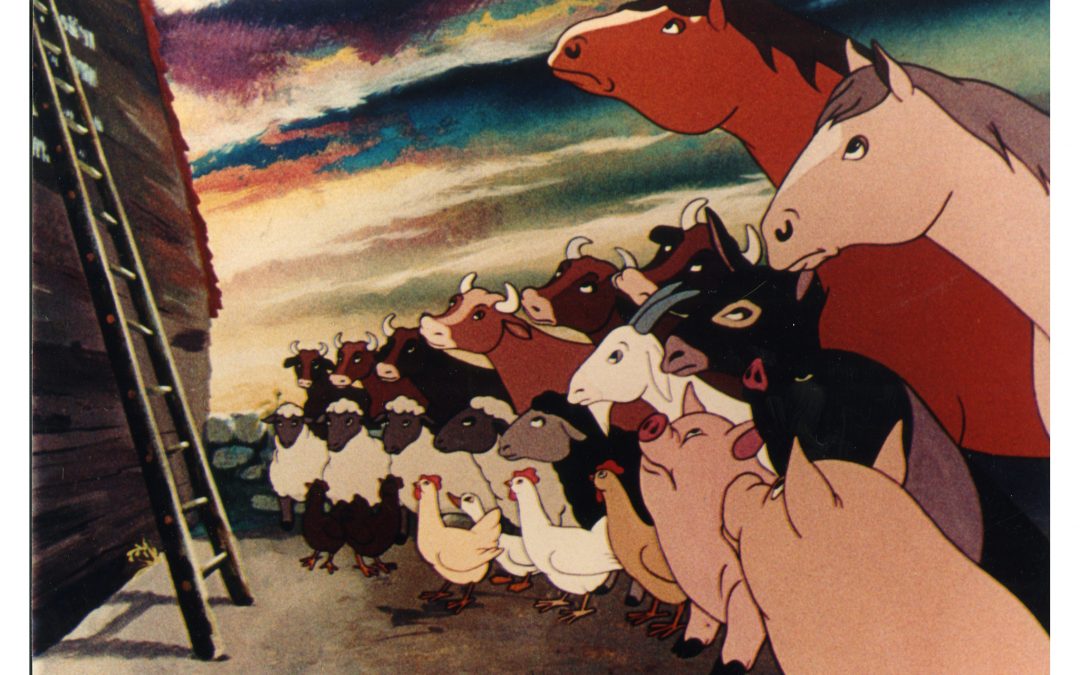As we all know, the last year has been a trying time for Americans who care about their own future well-being, and it can be hard to feel safe in a country where the fan-favorite former host of Celebrity Apprentice’s main political strategy, is to fire those around him who fail to do his job well enough for him. Luckily, we are all equipped with pens that are possibly the most useful weapons for fighting our fears and foes. Writing and humor provide necessary catharsis and release of tension in our day to day lives. Psychologists who have researched humor have identified 3 primary theories of why people find something funny – incongruity, superiority, and relief. Aspects of each of these theories can be identified in most humorous literature, and can be used easily within your own writing as well if you understand how they work. Here are 5 examples of how to do so.
1. Make a trip to McSweeney’s website. They publish a unique blend of humorous hybrid-genera works such as “The Coffin Industry Proudly supports the Graham-Cassidy Health Care Bill” by Matthew Disler and “Six Pillows I Screamed Into After Learning My Preschooler Has To Participate In Active Shooter Intruder Drills” by Hayley Deroche that are sure to add some fun to your day. Then, write your own humorous short-form essay. Try taking an absurd persona as Disler did, or use hyperbolizing a personal fear in a relatable way as Deroche did, in order to create a humorous but educational discussion about a serious topic.
2. Once a day, choose a part of a politician’s appearance or character that you find ugly, funny, annoying, or just downright weird. Write it down. Make fun of it. Like really just dig into the powdery cheese exterior of that factory defect Cheeto. What does this have to do with politics? You may be asking yourself. Nothing. That’s the point.
3. Catch up on your politics for the week by watching a political satire monologue. John Oliver and Trevor Noah provide great examples of how to be humorous while still getting your point across. Then pick an issue that angers, perplexes, or upsets you, and try writing your own monologue. Incongruity and absurdity are your best friends here, however, don’t be afraid to throw in an immature joke (possibly from the prompt in section 2) to keep things light. Few people are too moral to laugh at someone else’s expense if it’s for the sake of feeling better.
4. We live in an age where conflicts of ethics and morality polarize people. Sometimes it’s possible to laugh about it. Science fiction comedies like Rick & Morty are a good place to look for examples of this type of scene. The two main characters have the ability to travel between any planet or dimension, which allows the writers of the show infinite opportunities to compare the moral compass of the protagonists, with the moral compass of people and societies they meet that aren’t limited to earth-like realism. Create a scene in which two characters discuss moral differences.
5. It has already been stated that creating a fictional universe can provide a writer with many opportunities to create absurd humor, however, there’s no reason the universe can’t be humorous in itself. As previously mentioned Rick & Morty flash through many different realities sometimes for full episodes, sometimes for only one scene and a few seconds at a time. However, if you are looking for more expansive universes, many of Terry Pratchett’s books take place on a fictional planet called Discworld. Discworld is half what it sounds like – a large flat disc that his various protagonists can all live on and fall off if not careful. The unexpected half is that the disc rests on top of the backs of 4 elephants who stand stationary on top of a gigantic turtle that floats aimlessly through the universe. Create your own bizarre planet and/or universe in the form of a setting description. What are the rules of this universe? Who or what lives there? Is there government, gravity, or god? The options are endless.
Meet the blogger:
 ALEX McCORMICK is a poet, songwriter, and musician from Minneapolis, MN. His poetry is experimental in form, incorporating found texts that are later annotated, transcribed speeches and fake documents like resumes and letters. All are primarily tools used to create political satire and philosophical discussions. Alex’s other passion is playing and writing music, and currently performs with Minneapolis based indie rock band Sass, as well as several others. He is a senior at Hamline University, with a major in Creative Writing and a minor in English.
ALEX McCORMICK is a poet, songwriter, and musician from Minneapolis, MN. His poetry is experimental in form, incorporating found texts that are later annotated, transcribed speeches and fake documents like resumes and letters. All are primarily tools used to create political satire and philosophical discussions. Alex’s other passion is playing and writing music, and currently performs with Minneapolis based indie rock band Sass, as well as several others. He is a senior at Hamline University, with a major in Creative Writing and a minor in English.


